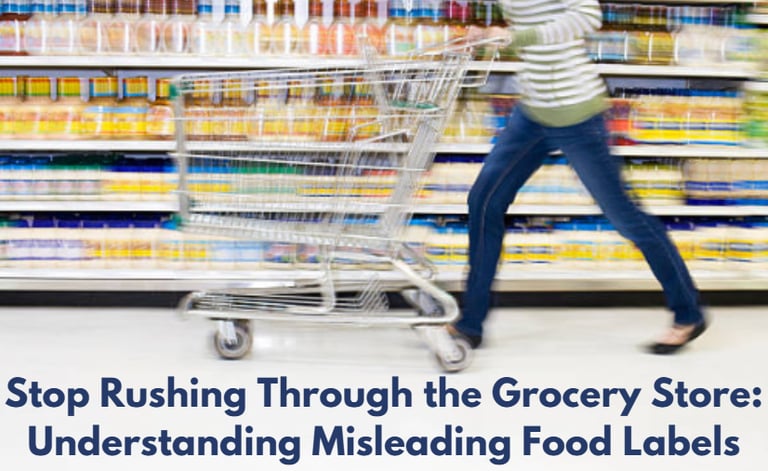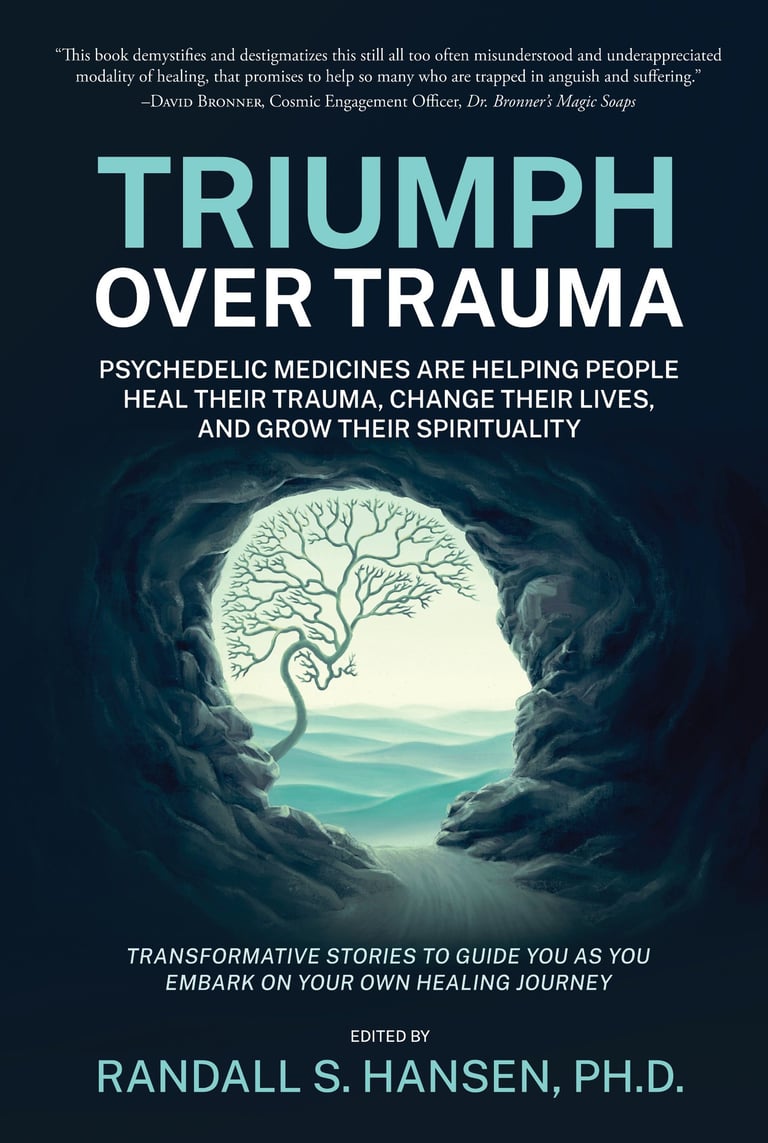Please Stop Buying These Misleading Food Labels
Do food marketers lie? Is the sun hot? You must remember the goal of all food marketers is to convince you to buy their products – and most will use whatever tactics are necessary to get you to make the purchase, including the use of misleading labels on the front of packages.
These “flags” are designed to grab your attention and help act as a shortcut to help you decide whether to purchase the product of not. Unfortunately, these claims are often meaningless – and misleading.
The best advice I can give you is to stop reading and believing the front of any food label, but especially all ultra-processed, ultra-plastic convenience foods.
The front of the label is where the food company makes its sales pitch to you; it’s not meant to be honest or truthful, but to hook you into buying the product.
Food marketers do not care about your health or concerns, as long as you keep buying their products. You hold the power, but unfortunately many consumers are short on time or patience to make healthier choices.
To help provide a rubric for you of false claims on the front of food labels, here are the most common lies. Some of these labels do have some criteria, but all are designed to be a shortcut to trick you into assuming the product is healthy and safe.
Misleading Food Labels
“Heart-healthy.” Not very heart-healthy. This label means that a food company paid the American Heart Association to have its product listed as “heart-healthy,” which is often the opposite. It’s part of a convoluted money-making scheme, and has no benefits to consumers. (“Healthy” is monitored by the Food & Drug Administration and does have certain criteria.)
“Fruit-Flavored.” Not natural fruit flavors. This label has no criteria, so for most food companies, this label should be interpreted as chemically flavored like fruit, but containing absolutely no real fruit.
“Light.” Means the product has reduced calories, fat, or sodium. This does not convey any health claims, and many light products are simply “watered-down” versions of the regular product. Notice that this label does not mean low-sugar, and often food marketers replace healthy fats with sugar.
“Low Carb.” Refers to a product that has fewer carbohydrates, but it can be misleading because companies can simply reduce the serving size to reduce the carb load. Also, like plant-based, this label has nothing to do with the quality of health value of a product, and a low-carb (or “Keto”) product can be filled with harmful artificial additives.
“Multigrain.” Simply means more than one grain used in the product. Consumers have been advised to avoid all the bleached white flour breads in favor of whole-grain products. Unfortunately, by using a label that sounds good, it is likely that the multiple grains are all refined grains, which are stripped of all their nutrients.
“Natural.” Sounds great. Unfortunately, there are no criteria for using this label, meaning any food product could use this term, regardless of whether it contains natural ingredients or artificial ingredients. The FDA is considering adding criteria to this label, focused on food companies adding nothing artificial or synthetic to the final product.
“No Cholesterol.” Outdated scare tactic. Many people still believe today that cholesterol is bad, when in fact it is essential for many bodily functions. It is also based on the false belief (long since disproven) that dietary cholesterol has a major impact on blood cholesterol when the impact is minimal, at best.
“No Refined Sugar.” Sneaky attempt to confuse. Food companies use many different names for sugar, and in terms of health, sugar is sugar, refined or not. This label simply means that no refined sugar was used, but included in the ingredients list will be some of the following unrefined sugars: Agave, brown rice syrup, coconut sugar, date sugar, honey, molasses, sucanat (cane sugar), Turbinado sugar.
“Plant-Based.” Trendy, but fairly useless. This label is attempting to cash in on the trend of being more focused on the health of the planet by consuming more plant-based products (versus animal-based). The problem is that there are many products that are plant-based, but completely unhealthy, such as: cereals, snacks, and ultra-processed fake meats.
“Superfood.” Popular marketing term, but means nothing. Nutrition experts will debate whether there are any true superfoods, but the idea behind this label is that the product is especially nutrient-dense and healthy. Most commonly accepted superfoods are not part of ultra-processed foods, but individual items, such as eggs, avocado, fatty fish, mushrooms, nuts, seeds, garlic, berries, etc.
“Zero Trans Fat.” Amazingly, does not mean a food is completely trans-fat-free. By law, the food can contain small amounts of trans fats per serving. As with most of these labels, you will need to go to the back of the package and review the list of ingredients and the nutrition facts panel.
Final Thoughts About Misleading Food Labels
One label not included in the above list is “low fat” and “nonfat.” These labels do have criteria, but the issue with them is that most people should be consuming the FULL-FAT version of foods because we need healthy fats. These products are from an era when we believed fat made you fat and that dietary fat was connected to heart disease – both of which have long been disproven.
Be sure to read my related article, Keys to Truly Understanding Food Labels.
Additional Food Label Resources
Dr. Randall Hansen is an evangelist, educator, and thought-leader... helping the world heal from past trauma and the poor food system. He is founder and CEO of EmpoweringSites.com, a network of empowering and transformative Websites, including EmpoweringAdvice.com.
He is the author of the groundbreaking Triumph Over Trauma: Psychedelic Medicines are Helping People Heal Their Trauma, Change Their Lives, and Grow Their Spirituality and the well-received HEAL! Wholeistic Practices to Help Clear Your Trauma, Heal Yourself, and Live Your Best Life.
The third book in the Wholeistic Healing Trilogy is the game-changing The HEALing Revolution Diet: A Science-based Approach to Heal Your Gut, Reverse Chronic Illnesses, Lose Weight, Clear Your Mind, and Increase Longevity.
Dr. Hansen's focus and advocacy center around true health and healing journeys that results in being able to live an authentic life filled with peace, joy, love. Learn more by visiting his personal Website, RandallSHansen.com. You can also check out Dr. Randall Hansen on LinkedIn.








